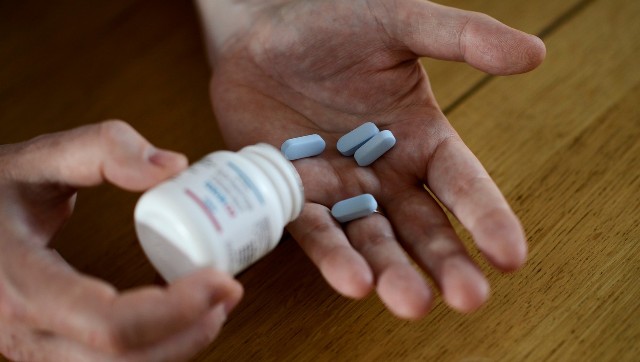A new study done by a group of researchers at the Washington University School of Medicine suggests that antidepressant drug fluvoxamine may be effective in preventing severe disease and hospitalisation in COVID-19 patients. The findings of the study are published in the journal JAMA. COVID-19 is a new disease that was first reported in December last year. In the wake of rising cases and the absence of a cure, scientists have been trying to repurpose existing drugs to prevent morbidity and keep the healthcare facilities from becoming overburdened. Favipiravir (initially designed to treat the Japanese flu) and remdesivir (developed to fight Ebola) have received emergency use authorisation and FDA approval, respectively, to treat COVID-19. Several other drugs have been deemed useless or not as effective. Steroids like dexamethasone, anti-inflammatory aspirin and duloxetine, an antidepressant that is given to osteoporosis patients have also been indicated to be effective in the management of and reducing the incidence of COVID-19. What is Fluvoxamine? Fluvoxamine is generally used for the treatment of anxiety, depression and obsessive-compulsive disorder (OCD). It belongs to a class of drugs called selective serotonin reuptake inhibitors (SSRIs) that interact with the sigma-1 protein in the body and help reduce inflammation. Unregulated inflammation and cytokine storms are possible causes of mortality in severe COVID-19 patients. Previous research has shown that this drug can reduce inflammation and sepsis in animals by blocking IL-6, a pro-inflammatory cytokine. As per the US FDA, Fluvoxamine is available in 25 g, 50g, and 100g tablets and is generally not given to children unless suggested otherwise by the doctor. This is because Fluvoxamine may increase suicidal thinking and behaviour in children and adolescents, especially when taken for psychiatric disorders like major depressive disorder. The drug can also cross-react with several other medications and can lead to some side effects including nausea, dyspepsia, nervousness, dry mouth, rhinitis, sweating, insomnia, and anorexia. The study In a randomised clinical trial, the researchers included 152 COVID-19 outpatients (those trying to recover at home) with mild to moderate disease in the St Louis metropolitan area. All the patients were confirmed to have the disease between 10 April and 5 August, 2020. They had an average age of 46 years and an oxygen saturation of at least 92 percent or more. The participants were divided into two groups and were given either 100 g fluvoxamine (80 patients) or a placebo (72 patients) thrice a day for 15 days. After 15 days, none of the participants in the fluvoxamine group reported clinical deterioration. On the other hand, six out of 72 patients in the placebo group showed deterioration of symptoms. However, the authors of the study indicated that more and larger studies are needed to confirm these findings. They will begin large-scale studies soon and will include patients from all over the country. For more information, read our article on Scientists are trying these drugs to treat COVID-19. Health articles in Firstpost are written by myUpchar.com, India’s first and biggest resource for verified medical information. At myUpchar, researchers and journalists work with doctors to bring you information on all things health.
Previous research has shown that this drug can reduce inflammation and sepsis in animals by blocking IL-6, a pro-inflammatory cytokine. Unregulated inflammation and cytokine storms are possible causes of mortality in severe COVID-19 patients
Advertisement
End of Article


)

)
)
)
)
)
)
)
)



